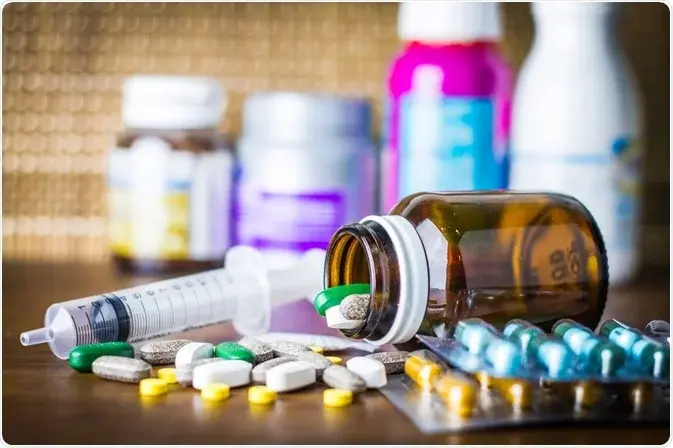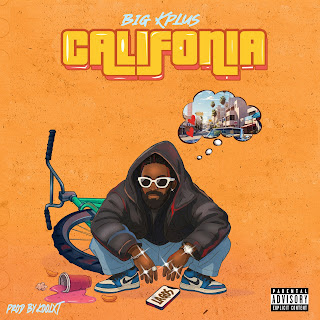Nigerians Struggle as High Drug Prices Fuel Health Crisis

Nigerians Struggle as High Drug Prices Fuel Health Crisis

Nigerians Struggle as High Drug Prices Fuel Health Crisis.
The escalating prices of essential medications have sparked a severe health crisis in Nigeria, leaving millions of citizens unable to afford necessary treatments. The exorbitant cost of drugs has placed an unbearable burden on the nation’s healthcare system, exacerbating the struggles of patients with chronic illnesses and undermining efforts to improve public health.
The price of pharmaceuticals in Nigeria has surged dramatically in recent years, driven by a combination of factors including inflation, exchange rate fluctuations, and supply chain disruptions. As a result, many Nigerians find themselves unable to access life-saving medications, leading to deteriorating health conditions and preventable deaths.
Dr. Ifeoma Nwafor, a leading healthcare advocate, explains, “The high cost of drugs in Nigeria is a crisis that affects every aspect of our society. Patients are forced to choose between buying their medications and meeting their basic needs, such as food and housing. This is an untenable situation that requires urgent action from both the government and international community.”
Patients with chronic illnesses, such as diabetes, hypertension, and HIV/AIDS, are among the hardest hit by the rising drug prices. Many of these patients require long-term medication to manage their conditions, but the prohibitive costs have made consistent treatment nearly impossible.
Chidi Okafor, a diabetes patient from Lagos, shares his plight: “I have had to cut down on my insulin doses because I simply cannot afford to buy the full prescription. My health is deteriorating, and I am scared for my future. The government needs to intervene before it’s too late.”
The Nigerian government has acknowledged the severity of the crisis and has taken some steps to mitigate the impact. The National Agency for Food and Drug Administration and Control (NAFDAC) has been working to streamline the drug approval process and reduce import tariffs on medications. However, these measures have not yet translated into significant price reductions for consumers.
Minister of Health, Dr. Osagie Ehanire, stated, “We are aware of the challenges Nigerians face in accessing affordable medications. Our administration is committed to implementing policies that will lower drug prices and ensure that every citizen can access the healthcare they need. We are working with international partners to find sustainable solutions.”
Healthcare organizations and advocacy groups are calling for increased international support to address Nigeria’s drug pricing crisis. They emphasize the need for collaborative efforts to strengthen the pharmaceutical supply chain, improve local drug production, and ensure equitable access to essential medications.
Ngozi Akabueze, Director of the Health Equity Initiative, urges global stakeholders to take action: “The health crisis in Nigeria is a global concern. We need international donors, pharmaceutical companies, and health organizations to come together and provide the necessary resources to stabilize drug prices. This is not just a Nigerian problem; it is a human rights issue that demands immediate attention.”
In response to the crisis, numerous community-based organizations have mobilized to support those in need. Grassroots initiatives, such as free medical clinics and drug donation programs, are providing temporary relief to affected individuals. However, these efforts are not a substitute for comprehensive policy changes and systemic improvements.
The high cost of medications in Nigeria has created a public health emergency that threatens the well-being of millions. As patients struggle to afford their treatments, the call for urgent and effective solutions grows louder. It is imperative that the Nigerian government, international community, and pharmaceutical industry work together to address this crisis and ensure that every Nigerian has access to the medications they need to live healthy and productive lives.
Health Crisis
Do you find Tmaq Media useful? Click here to give us five stars rating!



















